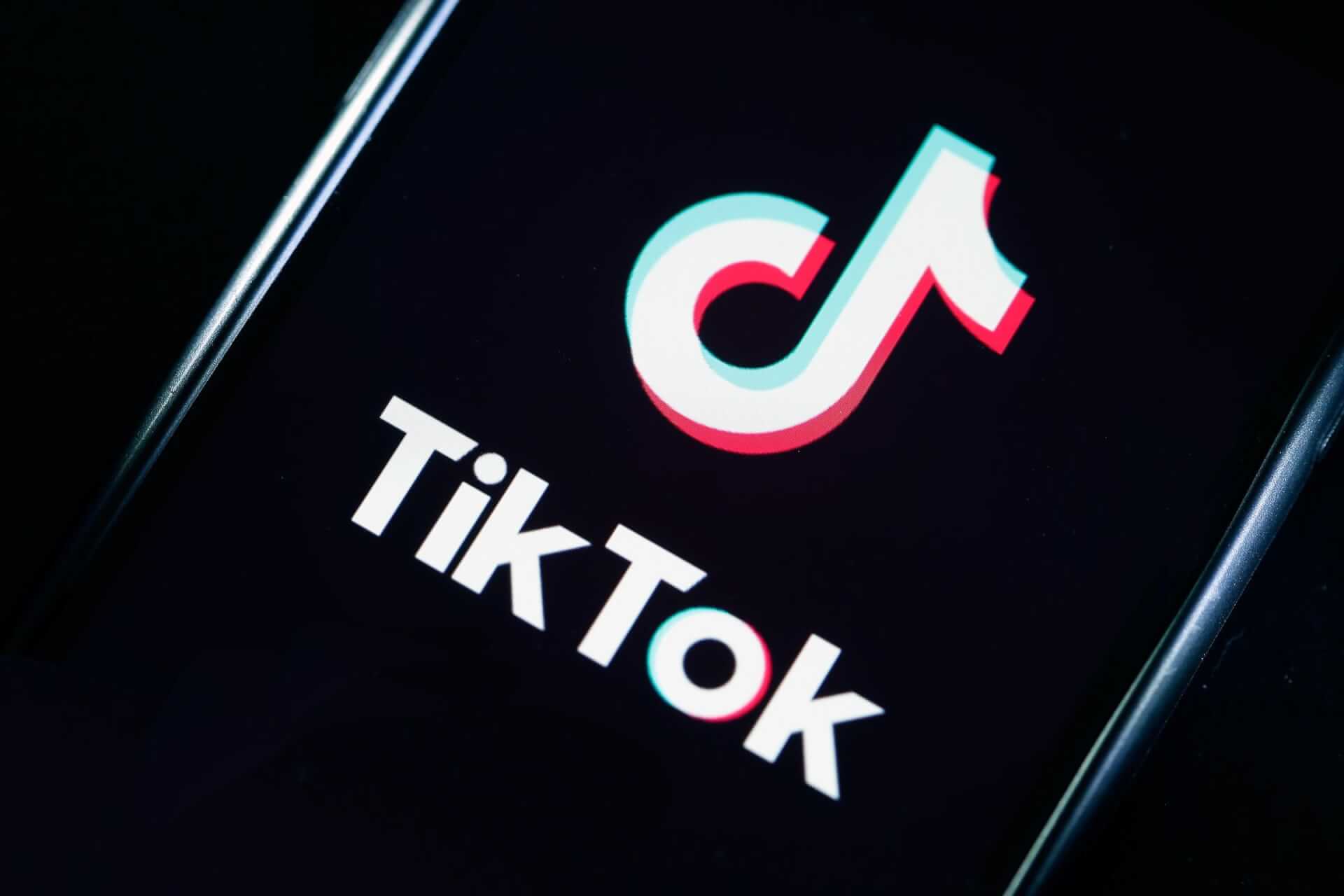On Monday, the Indian Ministry of Electronics and IT published a press release announcing its decision to “block 59 apps”. The order said that the decision was in pursuance of information that indicated that the apps were being used for “activities which is prejudicial to sovereignty and integrity of India, defence of India, security of state and public order”. Further, the order said that the Ministry had received several complaints about these apps “stealing and surreptitiously transmitting users’ data in an authorised manner to servers which have locations outside India”. Trade experts have predicted this will impact the profitability and influence of China’s ‘Digital Silk Route’.
One day prior to this decision, Indian Prime Minister Narendra Modi called for a nationwide “boycott of Chinese goods” in furtherance of the government’s “Atma Nirbhar Bharat” campaign. He said, “We will buy local and be vocal for local and this will help India become stronger.” India’s Minister of Consumer Affairs, Ram Vilas Paswan, also previously raised a similar concern and called for Indians to boycott Chinese products voluntarily. Consequently, videos emerged across social media platforms that showed citizens discarding Chinese goods as an expression of their anger towards the death of the twenty soldiers. The Confederation of All India Traders also echoed a similar call against Chinese products.
Also Read: India Imposes Economic Sanctions on China Following the Death of 20 Indian Soldiers
Consequently, Chinese companies like Huawei and ZTE were banned from providing apparatus to state-owned telecommunication operators. India also plans on excluding Chinese companies from the 4G tenders for local companies like BSNL and MTNL. These regulations will eventually extend to private companies as wel. A senior official in the Department of Telecommunications said, “The government has taken a decision to cancel the tender which was floated by BSNL earlier this year…We will likely also not allow private operators to use Chinese gear In the future and will encourage domestic telecom equipment makers.” Further, the Indian Railways’ Dedicated Freight Corridor Corporation of India Limited (DFCCIL) announced their decision to terminate a contract worth Rs. 471 crore that it had with a Chinese firm.
Last week, India also made it mandatory for sellers to mention the “Country of Origin” of the products available on the government’s e-Marketplace. Amazon and Flipkart voluntarily decided to comply with this requirement for products on their website. Moreover, the Indian Cellular and Electronics Association told CNN that Chinese imports, which included Apple and Dell products, were also being scrutinised at “Indian checkpoints” without “prior warning”.
India also intends to impose measures to reduce its dependence on Chinese markets, while also increasing “inspections, product testing, and enhanced quality certification requirements”. Apart from imposing “strict quality control and higher tariffs” on China, India’s Trade Ministry is also looking into other measures that can be implemented without flouting the trade rules as per the World Trade Organisation (WTO). The state-run Bureau of Indian Standards is already assessing the implementation of stricter measures on the import of 370 products, including electronics, chemicals, and pharmaceutical products. Indian officials are also considering whether to curb the import of 1,173 “non-essential products”, including toys, plastic, and steel products.
Also Read: India-China Tensions Continue as Satellite Images Show Resurgence of Chinese Posts
However, this is easier said than done. Representatives of the automobile and pharmaceutical industry have already said that independence from Chinese markets is impossible to achieve. Officials from the pharmaceutical industry say that 70% of Active Pharmaceutical Ingredients are imported from China. In fact, out of all of its trading partners, India holds the largest trade deficit with China. In the 2018-2019 financial year, India imported goods worth $70.3 billion from China, while exporting worth merely $16.7 billion.
India-China Border Dispute Coverage:
- India-China Skirmishes in Sikkim and Ladakh Leave Several Soldiers Injured
- Indian Army Chief Addresses Simmering Tensions with Nepal, China, and Pakistan
- Multiple Chinese Army Incursions Reported Along LAC, Indian Army Chief Takes Stock
- PM Modi Meets With Top Military Brass to Discuss Escalating Indo-China Border Tensions
- Donald Trump Offers to “Mediate” India-China Border Dispute
- PLA Keeps Up Pressure on LAC Amid Border Tensions with India
- India, China Increase Military Presence Along LAC
- India, China Agree to Gradual and Verifiable Disengagement in Eastern Ladakh
- India and China Pull Back Troops From Three Key Areas in Eastern Ladakh
Image Source: India.com

